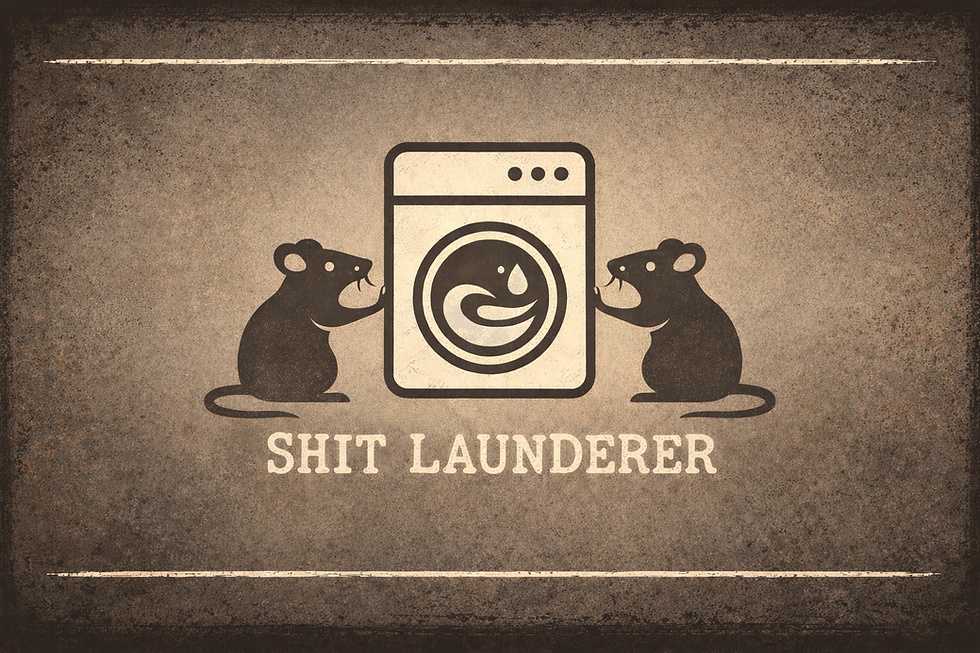Spain’s Strategic Ambiguity: The One Nation That Could Move First
- john raymond
- Sep 11, 2025
- 3 min read

In Europe’s current debate over Ukraine deployments, Spain has cultivated what can only be called strategic ambiguity. It has resisted hollow signals like the 5% defence-spending target, refused to box itself in with categorical “no troops” pledges, and at the same time deepened bilateral guarantees with Kyiv and sustained forward presence in NATO’s most contested geography.
This ambiguity is not hesitation—it is maneuver space. And that space uniquely positions Spain to act as Europe’s first mover, overtly or covertly, in deploying troops to Ukraine.
I. What Strategic Ambiguity Means in Practice
Strategic ambiguity is not indecision. It is the deliberate preservation of multiple pathways—political, legal, and operational—while others pre-commit themselves into rigidity.
Spain’s refusal to endorse a performative 5% pledge exemplifies this: by rejecting a trap that would lock Madrid into fiscal theatrics, it preserved bandwidth for real military commitments where they matter. That choice simultaneously avoided domestic backlash and denied the Kremlin an exploitable wedge.
Spain effectively said: judge us by deeds, not ratios.
II. How Spain’s Ambiguity Differs from Others
France is building the coalition framework but emphasizes post-war/post-ceasefire deployment. Its clarity on the timeline undermines flexibility.
Baltic states (Lithuania, Estonia, Latvia) are loud on willingness but small in scale; they will be in the first wave but cannot command it.
Britain is preparing significant deployments—up to 30,000 troops—but only “after the war ends.” The public red line is absolute.
Germany, Poland, Italy, Romania have explicitly ruled out troops, removing themselves from the ambiguity space altogether.
Spain, by contrast, has voiced neither categorical refusal nor premature bravado. That silence is power: it leaves both the overt and covert doors open.
III. Spain’s Ambiguous Capacities
Covert plausibility. Spain’s special forces (MOE, FGNE) are trained for deniable missions—route reconnaissance, sabotage interdiction, depot security. They can be inserted under EU training mandates, but with geography shifted forward.
Overt plausibility. Spain already operates heavy contingents in Latvia with armor, artillery, and integrated air defence. That experience translates seamlessly to a brigade-level HQ inside Ukraine under a multinational reassurance mandate.
Mobility backbone. Rota and Morón compress timelines for reinforcement. If Spain establishes the initial throughput, any allied reinforcement would naturally fall under its umbrella.
Political cover. By refusing to pledge or refuse, Madrid can align with France’s postwar coalition or act sooner if circumstances (a hybrid escalation, a frozen front, or Ukrainian request) demand it.
IV. The First-Mover Advantage
In coalition operations, the first nation to establish the command spine—signals, movement control, force protection—becomes the trustee of all that follows. The Baltics can contribute symbolically, but they will plug into someone else’s HQ.
France can design the mandate but prefers to wait for the peace table. Britain will surge later. Germany, Poland, and Italy have disqualified themselves.
That leaves Spain: a mid-tier power with staff capacity, logistics hubs, and a refusal to pre-commit rhetorically. Ambiguity thus translates into primacy.
V. Raymond Method Application
Pillar One (Regime Security). The Kremlin thrives on predictability—knowing who will not act. Spain denies it that clarity.
Pillar Two (Asymmetric Warfare). Ambiguity flips the asymmetry back: Russia cannot easily pre-target what Spain might do, because Madrid has left every option open.
Pillar Three (Byzantine Traitor-General). By refusing the 5% charade, Spain avoided the trap of intra-alliance recrimination and preserved credibility.
Minimax corollary. If Moscow assumes all allies are trapped in delay, Spain’s ambiguity becomes the counter-surprise: the move it did not see coming.
VI. Implications
If Spain were to act first—overtly or covertly—it would:
Establish the initial command architecture.
Force follow-on contingents (Baltic, Czech, Swedish, British) to plug into Spanish SOPs.
Shift Europe’s internal debate from “whether” to “under whose umbrella,” giving Madrid disproportionate influence.
Break the prisoner’s dilemma of paralysis, replacing it with a coordination game led by Spain.
And That Leaves Spain...
Strategic ambiguity is often derided as weakness. For Spain, it is the opposite: a calculated refusal to waste capital on empty pledges or to box itself into premature prohibitions.
In doing so, Madrid has positioned itself as the one European nation that can move first into Ukraine—whether under cover of darkness with special forces, or in daylight with a brigade flag.
The nation that preserved ambiguity will become the framework others cannot avoid. That nation could very well be Spain.






Comments